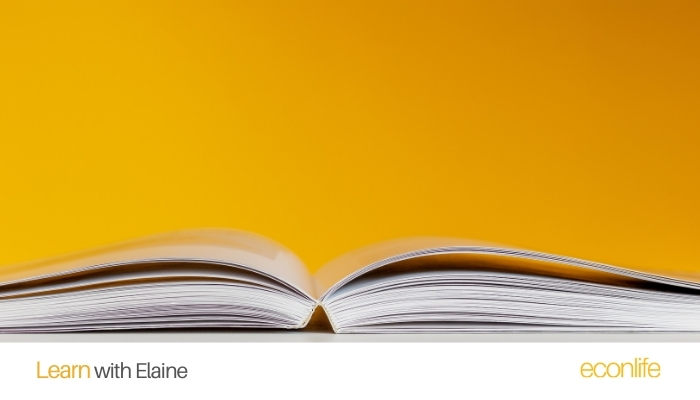For Tokyo 2020, cost means a lot more than money.
Econlife Blog
https://econlife.com/2021/05/tokyo-olympics-2020-ticket-refunds/
Fact Questions:
- Identify the highest and lowest prices of tickets at Tokyo 2020.
- During phase 1, how many tickets were sold to Japanese residents?
- After the local ticket stage, where were tickets sold?
- What does an Olympic ticket reseller do?
- When international visitors were banned, what did the Tokyo 2020 Olympics reseller CoSport tell its ticket buyers?
- Thinking of cost defined as sacrifice, state the cost that the ticket sellers had to “pay” because of the pandemic.
The Economic Idea: Cost
Including money and much more, the economic definition of cost is sacrifice. Consequently, even when you do not pay, a lunch has a cost. After all, you sacrificed time to be there and what you might have accomplished elsewhere. The cost could include the obligation you subsequently owe to your host.
For that reason, economists like to say that there is no such thing as a free lunch.
With Tokyo 2020, a pandemic delay had an immense cost. Far beyond money, athletes paid the cost as did event organizers, ticket sellers, and even the people who were going to occupy Olympic housing after it was vacated. Everyone had alternatives for which they could have used their time and resources. Those alternatives—what they did not do, was the cost of the pandemic delay.
Activity Goal: To consider the non-money side of cost.
Procedure: A pass around exercise.
- On a small piece of paper, name a decision you made this week.
- Pass that paper to a classmate.
- The recipient should note one non-money cost (sacrifice) of the decision.
- Pass that paper to another classmate.
- The recipient should note a second non-money cost of the decision.
- Then, again pass the paper to a classmate.
- The recipient should note a third non-money cost of the decision.
- Pass the paper to a fourth person. After this individual reads the decisions and the costs to the class, they should compare the cost of the decision with the benefit of doing it.






